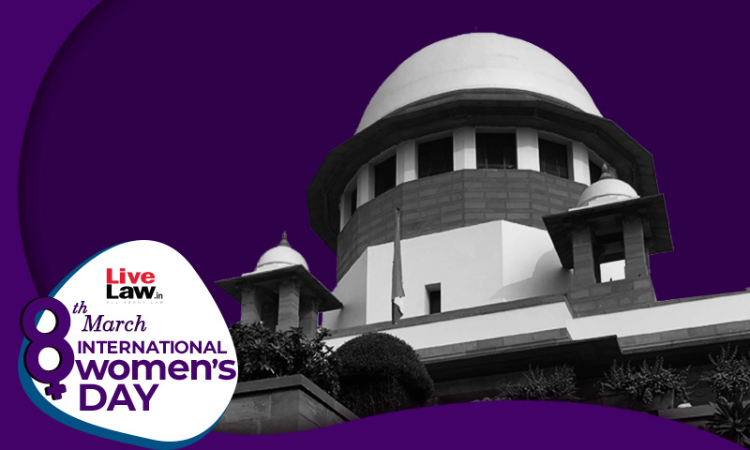International Women's Day : 30 SC Judgments On Women Empowerment
Arabhi Anandan
8 March 2020 6:15 AM IST

Next Story
8 March 2020 6:15 AM IST
On this occasion of International Women's Day, a day dedicated to honor the accomplishment of women across the globe who fought and are still fighting for gender equality and rights, let us have a look at some of the landmark decisions of the Supreme Court on gender justice. 1. The Secretary, Ministry of Defence v. Babita Puniya & Ors. (2020)"Permanent Commission should be granted...
